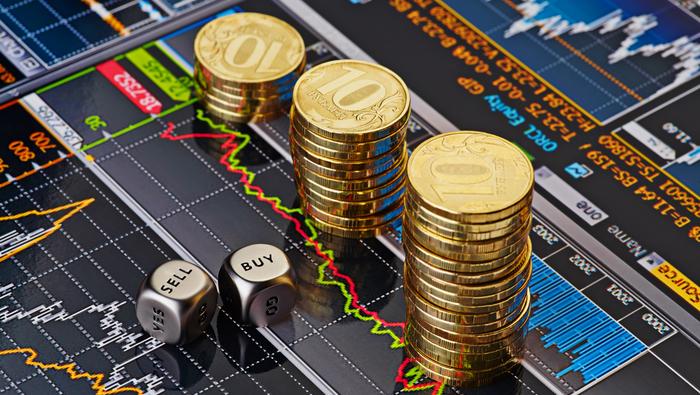Forex Market Regulation & Security

Forex trading is undoubtedly one of the most popular types of trading throughout the world. Its market size reached a whopping US$ 753.2 Billion, and a CAGR of 7% is expected between 2023-2028.
However, like any other market, the forex market requires a good regulatory system and ethical business behaviour for fair marketing. That’s when the forex market regulation and security come into place.
Forex regulation stands for rules/standards that have to be followed by brokers, investment banks, and signal sellers. Traders must meet the forex regulations for hassle-free trading.
In the US, the forex market regulation is more strict and different than in the rest of the world. Let’s learn more about it.
Who Regulates the Forex Market in the US?
In the US, the forex market is regulated by two supervisory bodies:
- The National Futures Association (NFA)
- Commodities Futures Trading Commission (CFTC)
The National Futures Association (NFA)
NFA is a self-regulatory body whose role is to make rules, services, and programs for safeguarding marketing integrity and traders. It also ensures that the members associated with them meet their regulatory responsibilities. If at any point, the rules get breached by the members, NFA could take immediate action.
Commodities Futures Trading Commission (CFTC)
The Commodities Futures Trading Commission is an independent agency that protects market users from any sort of fraud or foul practice concerning the derivatives subjected to the Commodity Exchange Act. It ensures a sound regulation of the commodity futures and US derivative markets. It also works to protect the customer funds and lower any risks in the future.
Both CFTC and NFA work together to regulate, register, and review professionals in the forex market. Their supervision extends to USD pairs and other leveraged foreign currency forex pairs.
Who Must Follow Forex Regulations?
The rules set by CFTC and NFA are to protect the trader, and they should be followed by the counterparties. If someone is not a counterparty, then they have to do the following:
- Submit disclosure documents as per CFTC standards
- Meet the ethics and anti-fraud requirements of the CFTC
If there are any trading pools or programs taking part in forex, they must submit the below documents to CFTC:
- Annual reports
- Periodic account statements (quarterly/monthly)
- Other disclosures, as asked by CFTC
If you want to indulge in successful forex trading, you must only associate with the forex brokers managed by CFTC/NFA.
US Strict Forex Regulations
US forex regulations strictness could be justified by its available leverage. When it comes to other countries, the leverage could be up to 1000:1. But in the US, the available leverage is 50:1. Note that 50:1 is leverage for major currencies. In the case of minor currencies, the limit is 20:1.
This regulation ensures that there are minimal risks during forex trading in the US. Regardless of the country, you should know how much money is needed to start forex and invest the minimum amount. It’s also recommended not to go overboard with your deposits, especially if you are a beginner.
Things to Remember for Safe Forex Trading
For safe and secure forex trading in the US, you must:
Verify the Broker
Sometimes forex brokers may be from some other country than the US. For them, you must verify whether they are authorised to be a professional forex broker in that country.
Note that the regulatory body may differ as per country. For example, FMA or Financial Markets Authority is for New Zealand brokers.
This means if you want to trade with NZ brokers like BlackBull Market, you must run a background check as per FMA regulations. Besides that, you must research thoroughly and check before BlackBull market review.
Note that, even if a forex broker is authorised as per their country, they still might not be applicable for US residents. So, do your homework well.
Connect with CFTC/NFA Regulated Forex Brokers
As CFTC and NFA work to prevent any unethical trading practices, it’s worth choosing a broker authorised by these regulatory bodies.
You can use NFA’s BASIC, Background Affiliation Status Information Center, a free tool to verify the regulatory status of the broker. It can also help you to research the background of professionals in the derivatives industry.
The BASIC database will also give you a fair idea about the registration status and disciplinary history of the broker to stay clear of any fraudulence. Be aware of any entities, people, and products that are unregistered.
Don’t Fall for Unrealistic Offers
If a broker is not registered with CFTC/NFA and you see red flags like:
- Easy money access
- Limited time offers
- Unrealistic claims
Keep your distance from them. There are higher chances of them being a fraudster.
So, this was all about forex market regulation and security in the US.


